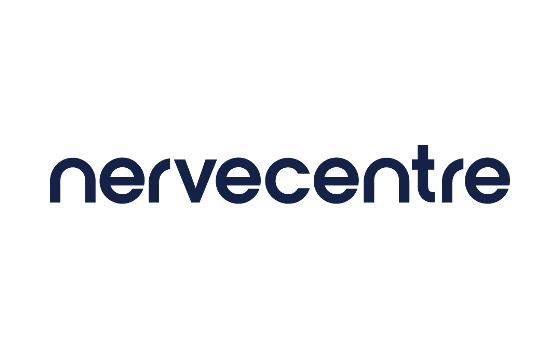 Leicester's Hospitals have taken another leap forward in their electronic patient record (EPR) journey by deploying a closed-loop mobile electronic prescribing and medicines administration (EPMA) system at Leicester General Hospital.
Leicester's Hospitals have taken another leap forward in their electronic patient record (EPR) journey by deploying a closed-loop mobile electronic prescribing and medicines administration (EPMA) system at Leicester General Hospital.
The EPR programme is a collaboration between clinical and technical teams at University Hospitals of Leicester NHS Trust and the Nervecentre software development team, to build a next generation, mobile first digital patient record system. The new EPMA module has initially gone live on three renal wards with a wider roll-out planned to the rest of the trust over the coming months. The pilot has proven a success with very positive initial feedback from staff and instantly making an impact to clinicians, nurses and pharmacists.
Andy Carruthers, Chief Information Officer, said: "The rollout of our brand new e-prescribing module is a really exciting step forward in our EPR journey with Nervecentre. It is great to see it in use out on the wards, and the fact that our teams have made a significant and enthusiastic contribution to the development process is great to see. Key benefits of the new e-prescribing system are the ease of use and enhanced capabilities including barcode scanning from mobile devices, particularly helpful for nursing staff when doing the drugs round and we have had some really positive feedback about this from our teams."
Andy continues: "From a hospital perspective, building in our prescribing capabilities in to our EPR rather than having a separate system, which is what we have had previously, will really allow us to unlock some of the true EPR benefits, with the single system being greater than the sum of its parts and driving improved quality and safety for our patients."
Gang Xu, Consultant Nephrologist, said: "I'm really proud to say that we piloted Nervecentre's EPMA module on our renal wards. It has been a really exciting project for us to be involved in and we're already seeing the benefits of having access to patient medications, observations and fluid balance information all in one place with a single login. We're hoping to develop many more features working with Nervecentre in future and I know it's going to help improve patient care."
Nervecentre's mobile EPMA tools allow hospital staff to capture and access data whenever they need to, wherever they are - empowering them with the best information to make accurate, reliable and timely decisions. The tools make e-prescribing part of a fully-integrated EPR, giving clinicians real-time visibility of data that can influence complex prescribing decisions; pathology results, vital signs, medical history, drug charts, current medications and contraindications.
The system incorporates the NHS' Dictionary of Medicines and Devices (dm+d) ensuring information exchanges with prescribing systems in other care settings are standardised, and that it uses common drug codes and language. This empowers mobile prescribing and means doctors have rapid access to the national dictionary, local formularies and clinical decision support.
Finally, the system maximises familiar technology to help clinicians meet falsified medicines directive requirements to barcode scan medicines at the point of care. Ward staff can use the built-in camera on standard mobile devices to scan GS1 barcodes at the bedside - removing the need for clunky additional hardware. This simple, convenient functionality allows hospitals to realise the benefits of closed-loop medicines administration, fuelling end-to-end traceability of medicines and strengthening patient safety across the entire patient journey. The closed-loop approach enables hospitals to generate mandatory information for NHS data sets and audits and to stimulate rich, real-time intelligence on medicines utilisation, optimisation and administration.
For further information, please visit:
http://nervecentresoftware.com